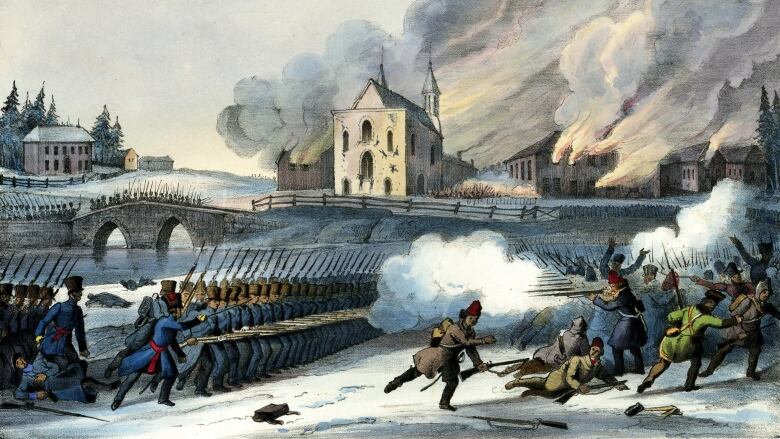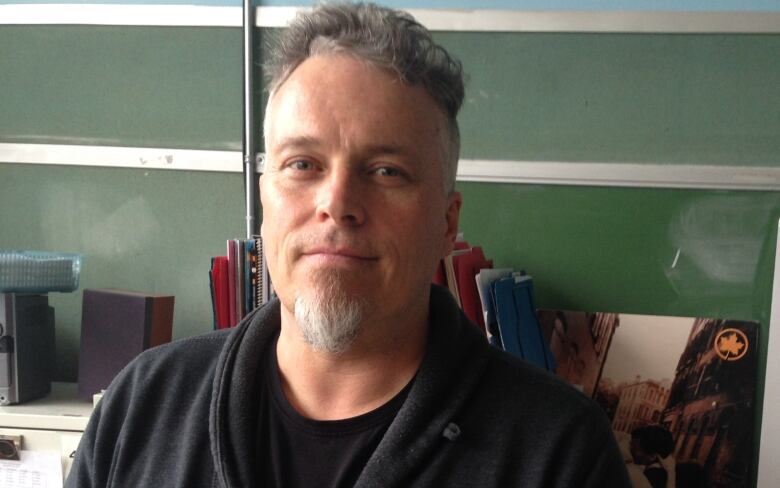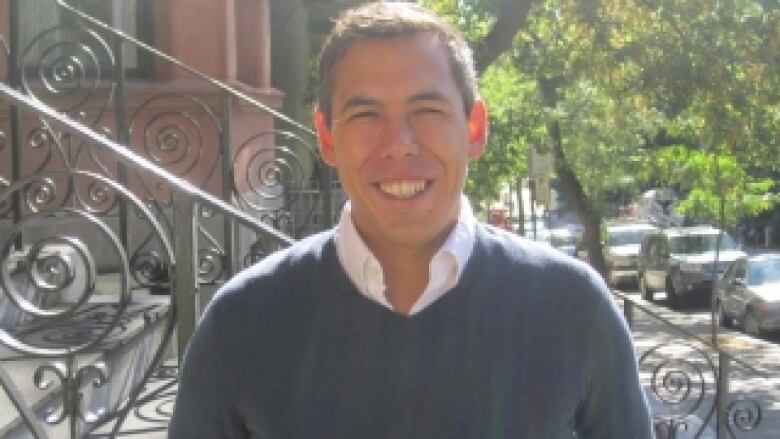New Quebec high school history course called out for lack of diversity
Pilot project for new 2-year history course doesn't represent 'plural nature of our society,' teacher says

Teachers and education experts are raising concern that Quebec's newly revised high school history course centres too much around French-English conflicts, fails to reflect the province's diversity and makes scant mention of Canada's residential school system.
Thecurriculum, obtained by CBC News,is being piloted this year inseveral dozen schools across the province, including at least threeEnglish schools.
It's slated to be rolled out more widely in classroomsstarting next year.
The course was originally developedunder the previousParti Qubcois government, which had campaigned in 2012 on a promise to emphasizeQuebec's struggle for nationhood in the provincial school curriculum.

"The plural nature of our society and the diverseness of our community isn't represented at all in the program as I read it,"Comminssaid in an interview.
"I think this is a deep concern. One of the toughest things about teaching history is when you can't relate it to yourstudents on a very micro level by talking about them, their stories, their grandparents, their ancestors and how they arerelated to this political space in Quebec."
'Demands and struggles of nationhood'
The 83-page documentoutlines the focus of the course, which startsin the 1500s and runs to present day.
[Students] havegone throughthe Canadianeducation systemwithout actually understanding or acknowledging Canada's history of colonialism with indigenous people.- AllanVicaire, McGill University
The two-year courseisset to be rolled out for all Secondary3 students next year, withSecondary 4 added in 2017-2018.It has yet to be finalized by Quebec'sEducation Ministry.
Advocates for the revised curriculumargued previous versions of Quebec high schoolhistory had glossed over difficult moments in the province's history, such as the1837 uprising led by LesPatriotesagainst the British Canada.
This first year of the new course ends with a section entitled, "The demands and struggles of nationhood 1791-1840."
Commins said many immigrantcommunities that helped shape Montreal,includingtheIrish, Italians, Greek and Caribbean populations, get little mention.
The Jewish community is also not referenced, aside from a nodto Leonard Cohen.
The Education Ministry did not return a request for commentThursday.
Little mention of residential schools
The new curriculum document containsonly a single reference to residential schools, saying they "helped accelerate the decline of indigenous languages."
AllanVicaire, an indigenous education adviser atMcGillUniversity, said he would have liked the province to consult with First Nations and other groups.

"They've gone through the Canadianeducation systemwithout actually understanding or acknowledging Canada's history of colonialism with indigenous people," he said.
The Truth and Reconciliation Commission's final report, issued last June, recommended residential schools beemphasized in historycurriculum across the country.
After the report was released, Premier PhilippeCouillard told reportershe would like the history of First Nations and their contribution to the building of Canada to be taught in Quebec schools.
In August, a spokesperson for the education ministry toldCBC that its history curriculum is currently under review.
"The new version of the program will address the issue of residential schools. The time spent on the studies of this historical knowledge will depend on the planning of each teacher," the email said.












_(720p).jpg)


 OFFICIAL HD MUSIC VIDEO.jpg)
.jpg)



























































































